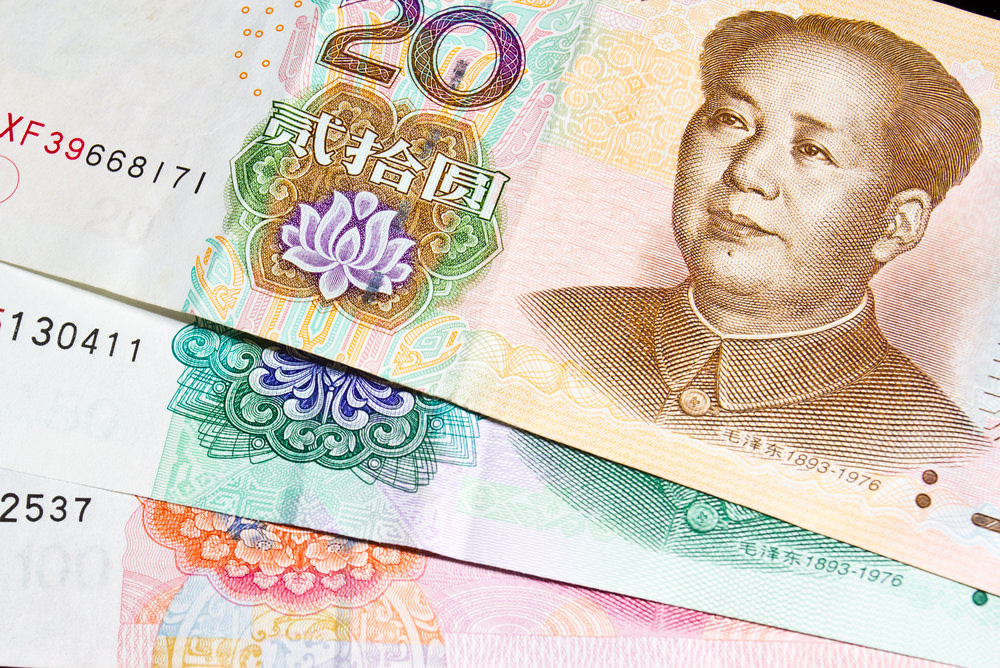
Chinese Government-Backed TV Program Bashes Bitcoin, Outrages Community
The business channel of China Central Television (CCTV2), the country’s government-backed national television broadcaster, is the subject of bias allegations for a program that cast a negative light on bitcoin and the Chinese bitcoin community.
, entitled Outrageous Bitcoin, features four accounts on events that took place in the aftermath of the central bank's ban on banks and third party payment processors from working with bitcoin exchanges.
The cast of interviewees are quite representative of the Chinese bitcoin community – a trader, a mining equipment vendor, a businessman running an exchange and a couple who host a bitcoin videocast program. However, it was rife with negative suggestions, such as comparisons of bitcoin to a Ponzi scheme and Dutch Tulip Mania. Overall the half-hour long program seemed unprofessionally imbalanced, focusing only on stories involving people who suffered financial losses from bitcoin investment.
Tales of bitcoin woe
The broadcast began with the story of Wang Yizhou, a 19 year-old who discovered bitcoin in late November last year. After investing his total savings of about 60,000 yuan ($9,910), Wang was caught off-guard when exchange rates tumbled on 17th December. After some hesitation, Wang cut his losses shortly after the price reached the lowest point. Wang continued that he knew more people who lost money from bitcoin trading than those who made gains.
The program then interviewed Star Xu (Xu Mingxing), CEO of exchange OKCoin, who told a story of someone whose 100,000-yuan ($16,520) investment halved in the crash.
The third person, Zhang Fei, was a Taobao vendor who originally ran a successful online cosmetics store. Zhang was attracted by the high margins of selling bitcoin mining hardware and decided to shift his focus. After a brief period of euphoria, a flood of refund requests forced Zhang out of business. Taobao recently banned the sale of bitcoins and mining gear on its site.
Jin Yangyang and Guo Hongcai, a couple who host a popular bitcoin videocast, gave an account of how people cried on the phone for help while they could do little to comfort them.
Backlash
The documentary, aired on the night of 11th January, caused immediate backlash from bitcoiners including Jin and Guo themselves. In their latest videocast, they complained the program used only a few minutes of a two-hour long interview and edited it to present only the TV station’s point of view rather than theirs. After the program was aired, the couple said, they received a large amount of criticism, and even verbal abuse from angry bitcoiners who felt they had been misrepresented. Now the couple say they were used and betrayed by the TV station.
The program also caused some speculation as to whether it might be a precursor to further government intervention.
Although it was an overwhelmingly negative portrayal, one ray of optimism managed to shine through, and from an unlikely person – despite his investment losses, the 19-year-old Wang Yizhou’s view on bitcoin remains full of hope:
Zennon Kapron, founder of financial services consultancy Kapronasia in Shanghai, who has written a report on bitcoin in China, noted:
Chinese yuan image via Shutterstock
DISCLOSURE
The leader in news and information on cryptocurrency, digital assets and the future of money, CoinDesk is a media outlet that strives for the highest journalistic standards and abides by a strict set of editorial policies. CoinDesk is an independent operating subsidiary of Digital Currency Group, which invests in cryptocurrencies and blockchain startups. As part of their compensation, certain CoinDesk employees, including editorial employees, may receive exposure to DCG equity in the form of stock appreciation rights, which vest over a multi-year period. CoinDesk journalists are not allowed to purchase stock outright in DCG.

